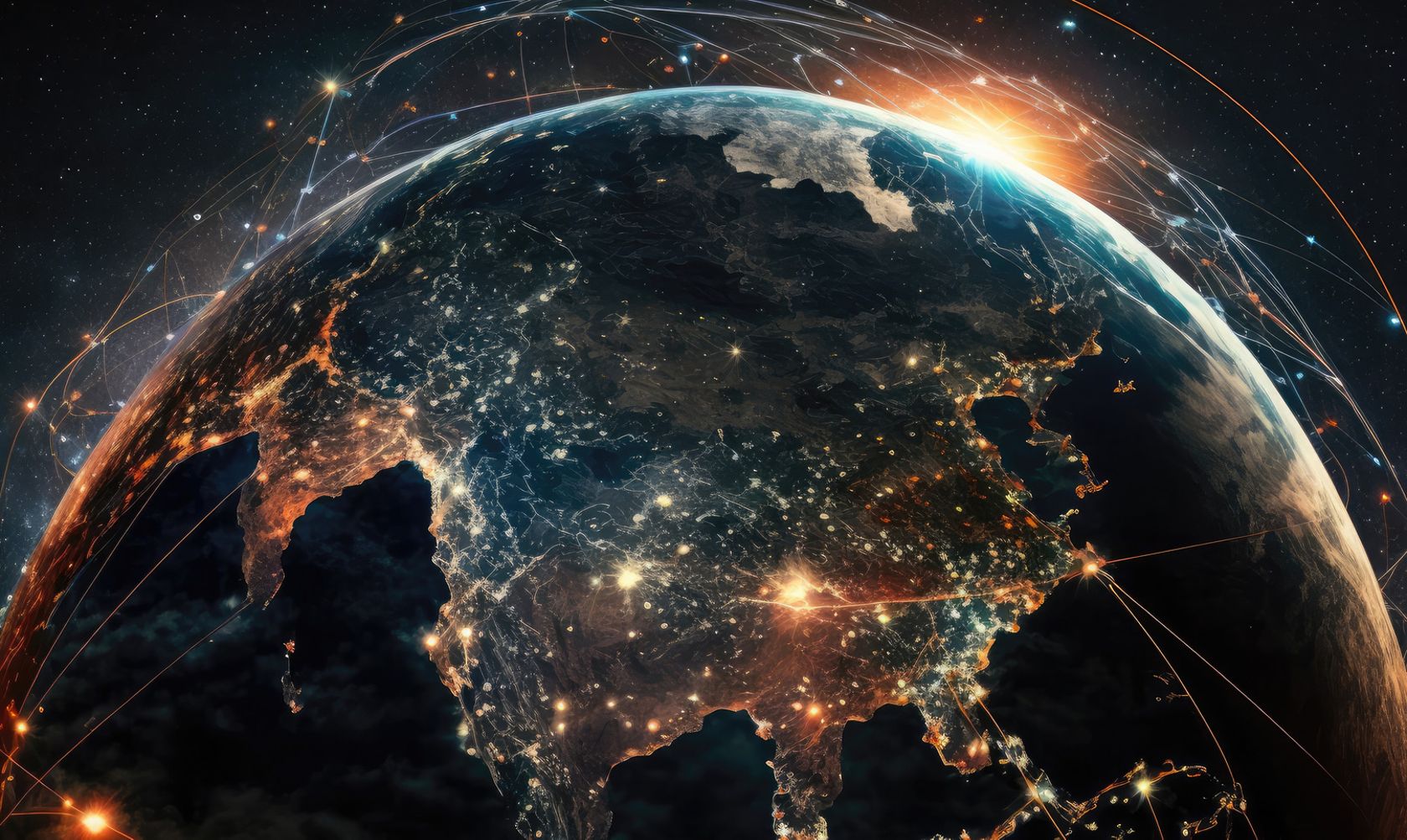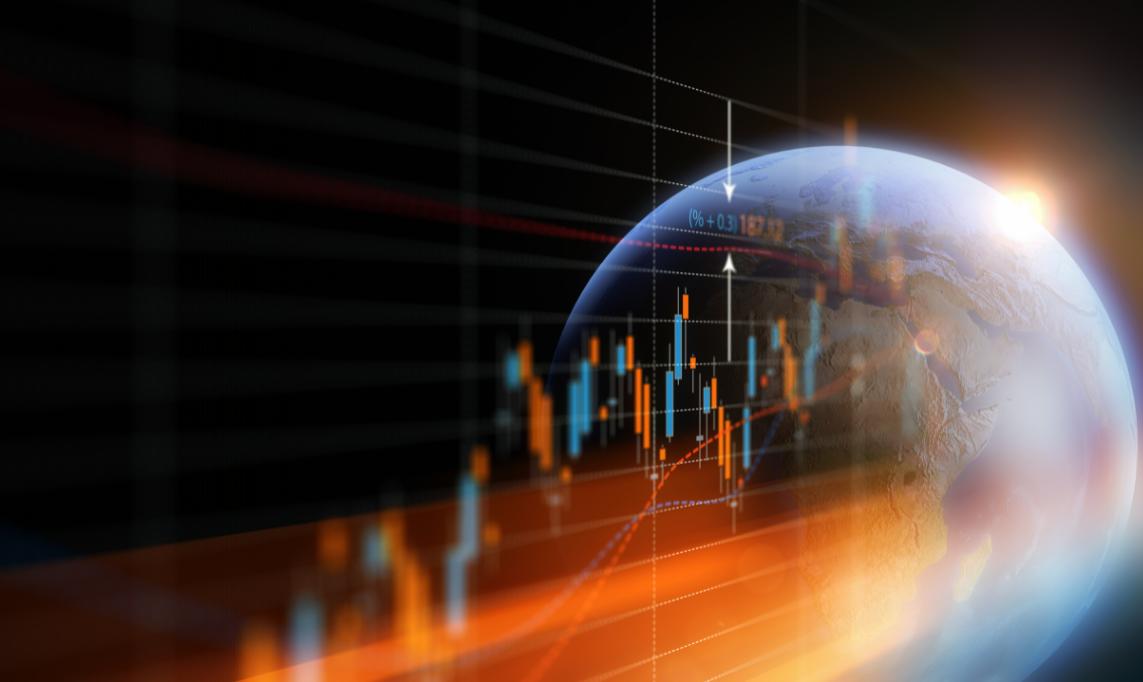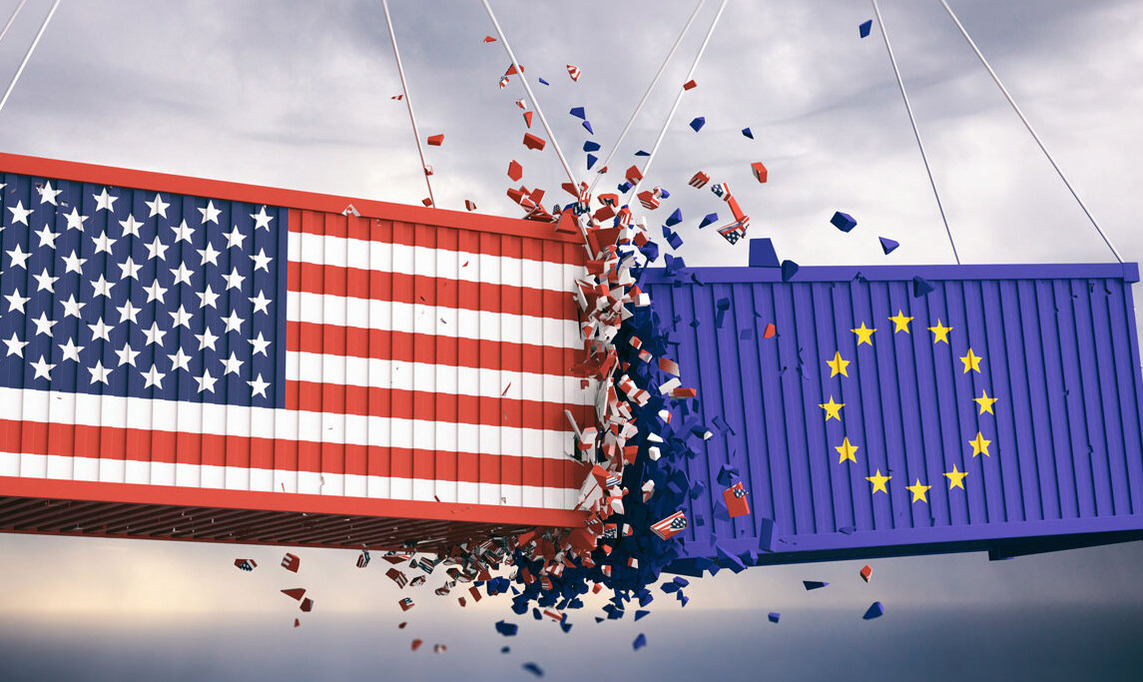
Geopolitics at center
Challenges and scenarios in the new global balances with India new player in the 3rd way
Year 2023, the year of overtaking. India, which is catalyzing the world's attention by hosting the G20, has just overtaken China in demographics and economic growth. That is why it is bidding to be the pioneer of a "third way" between Beijing and Washington. Neither side is in the middle. To exploit to its advantage the conflict between the two Greats separated by deep distrusts. The ambition to turn itself into the standard bearer of a new order is cleverly conveyed in international appointments. What worries the West is its unconditional adherence to the Brics summits, where China plays a dominant role.
A forum that Beijing aspires to expand by representing the "Global Great South," at the table with Russia, Brazil and South Africa. Prospectively involving the African Union with its raw materials needed for the energy transition. What worries Beijing, with which New Delhi has a historic standoff over the management of Himalayan areas on a 4,000-kilometer border, is its apparent attunement with Washington sealed by Indian Prime Minister Nareandra Modi's recent state visit to the White House.
Geopolitics: G20, toward a new balance
The just concluded G20 crystallized this "third way" by configuring it into a new international posture thus balancing diplomacy and economics, technology and defense, energy and minerals. New Delhi did not condemn the Russian invasion of Ukraine and did not adhere to Western sanctions toward Moscow by buying Russian oil at a bargain price. The White House does not expect complete alignment. India wants a stable relationship with China but is not ready to sacrifice its own security. These days, however, Modi signed a new trade corridor desired by the United States with the Arab Emirates, Saudi Arabia, the EU and Israel.
But to further accredit itself in the eyes of the West it must make its administration unbureaucratize, unscrew the corruption that still pervades the country, build new infrastructure such as highways, ports and airports to convert itself into the new factory of the world as the West would like to undermine Beijing's monopoly. It may be too early to imagine this feat succeeding but India is, for example, a perfect candidate to lead manufacturing in electronics. A credibility license to foreign investors yet to be built, with the interested eye of multinationals ready to direct resources to new plants, as the Samsung, and to some extent, Apple cases attest.
Saudi Arabia starts again with soccer
Against this backdrop, it was not surprising that the Indian premier decided to welcome Saudi Prince Mohammad bin Salman on a state visit to seal this oil-based programmatic convergence with the leader of the Opec countries, which has just decided to cut crude oil production to raise the price of the commodity. At the same time, Riyadh is the other epicenter of the new order.
In recent years the ruling house of the Saudis has intensified efforts to revamp the country's image, compromised especially by the poor state of human rights and the condition of women. Efforts and investments, which through the Public Investment Fund (PIF), one of the world's richest sovereign wealth funds, have begun to target major European and international sports, in the form of multimillion-dollar contracts for players, coaches and technicians.
2023 is the year of a new geopolitics of football. Cristiano Ronaldo paved the way in conjunction with the World Cup in Qatar, and many have walked it: this summer's soccer market has been monopolized by the Saudi Pro League, which has secured stars of the caliber of Karim Benzema and Neymar Junior. The kingdom's clubs spent about 900 million euros. A huge sum that guarantees the Saudis the broadcasting of matches around the world with up to four times more revenue than last year.


/original/Immagine_Blog_Generica+%281%29.jpg)